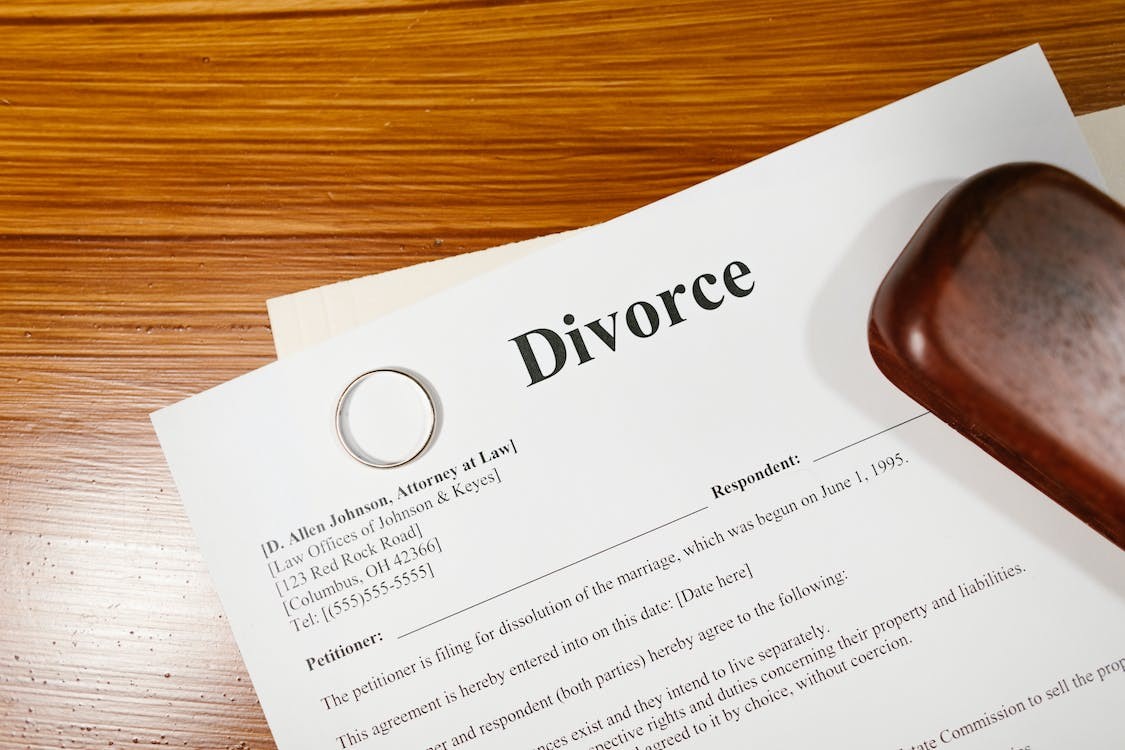The 7 Factors in Crafting Strong Legal Strategies: Insights from Monmouth Lawyers
The art of crafting effective legal strategies goes beyond just having a thorough understanding of the law. It requires a combination of skills and insights. Monmouth Lawyers, experienced professionals in the legal industry, have shared valuable insights on what makes legal strategies successful. These insights, based on their extensive experience, provide a roadmap for legal practitioners seeking to strengthen their approach and deliver impactful solutions.
Monmouth Lawyers Insights: 7 Ways to Create Strong Legal Strategies
1. Know the Needs of Clients
Effective legal strategies begin by deeply understanding the client’s situation. To do that, you have to listen attentively to the clients to know about their goals, concerns, and priorities. In this way, you can also set realistic expectations regarding outcomes. It allows lawyers to explain potential hurdles and provide a clearer picture of the legal process.
2. Thorough Legal Research and Analysis
Behind every successful legal strategy lies extensive research and analysis. Monmouth Lawyers stress the importance of leaving no stone unturned. This involves diving into case law, statutes, and precedents to understand the legal landscape comprehensively. You can analyze previous similar cases to be familiar with the challenges and create convincing arguments to combat them.
3. Clear and Effective Communication
It would be best if you also worked on clear and concise communication to ensure that clients fully comprehend the legal jargon and know the clauses their case is set. This will help the clients make better decisions and be more prepared for legal proceedings. Clarity in communication also extends to interactions with opposing parties and courts, ensuring the message is conveyed accurately and persuasively.
4. Strategic Planning and Flexibility
Crafting a legal strategy is akin to charting a course; it requires meticulous planning while staying adaptable. Monmouth Lawyers emphasize the need for strategic planning, outlining various potential scenarios and corresponding actions. However, they stress the importance of flexibility, as unexpected developments may warrant adjustments to the initial plan.
5. Building Strong Relationships
Relationships are fundamental in law. Monmouth Lawyers prioritize fostering strong relationships with their clients and peers, judges, and other stakeholders. These relationships often pave the way for better negotiations, collaborations, and insights that can significantly impact the outcome of legal strategies.
6. Ethical Considerations
Upholding ethical standards is non-negotiable for Monmouth Lawyers. They emphasize the importance of conducting legal proceedings with integrity and adherence to ethical guidelines. Ethical conduct not only ensures credibility but also builds trust with clients and within the legal community.
7. Continuous Learning and Adaptation
The legal landscape evolves constantly. Monmouth Lawyers stress the necessity of staying updated with legal developments, precedents, and changes in regulations. Continuous learning and adaptation are key to crafting resilient legal strategies that stand the test of time.
The Bottom Line
From putting clients first to nailing down research, clear communication, and ethical standards, this expert advice shows that being a top-notch lawyer isn’t just about what you know—it’s about how you use that knowledge.
Get in touch with experience and professional lawyers at Krompier Law today to see what winning case after case fees like!



